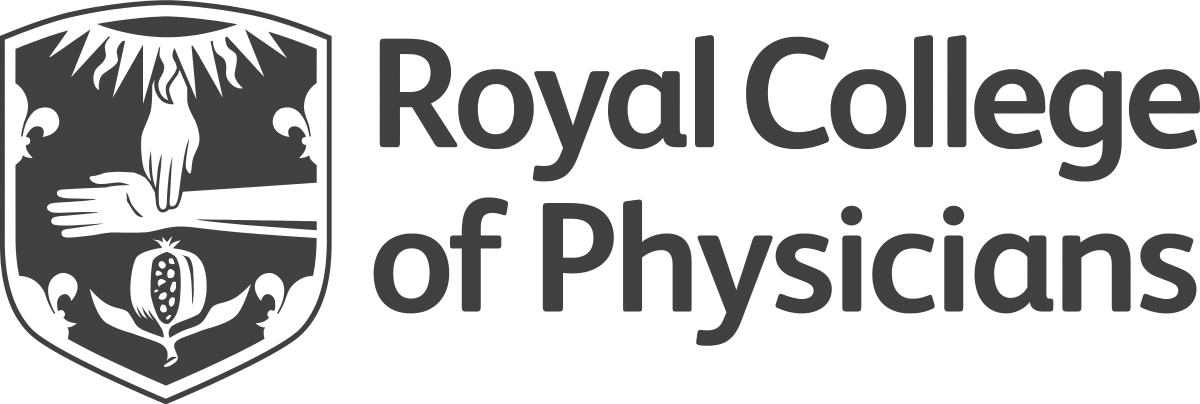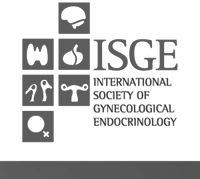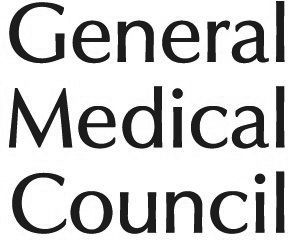Prof. Gordana Prelevic, Consultant Endocrinologist
Prof. Gordana Prelevic
Consultant Endocrinologist
Prof. Gordana Prelevic MD MSc DSc FRCP
Consultant Endocrinologist
Prof. Gordana Prelevic
Consultant Endocrinologist MD MSc DSc FRCP

Areas of expertise
- General endocrinology
- Osteoporosis
- Polycystic ovary syndrome (PCOS)
- Reproductive endocrinology
- Menstrual cycle disorders


Recommendations for Prof. Prelevic
These recommendations are for information purposes only. Doctors providing recommendations do so in good faith and are not responsible for clinical outcomes.












Recommended by:
Make an appointment
Address
-
Golders Green Outpatients and Diagnostics Centre
Roman House, 296 Golders Green Road, Golders Green, London, NW11 9PY
-
The Wellington Hospital
Wellington Place, St John's Wood, London, NW8 9LE
-
Platinum Medical Centre
15 - 17 Lodge Road, London, NW8 7JA
-
Video Consultation
Virtual, London, NW1 6JQ
About Prof. Gordana Prelevic
Professor Gordana Prelevic works as a Consultant Endocrinologist at the Wellington Hospital in London. She was Senior Lecturer in Reproductive Endocrinology in the Department of Medicine, Royal Free & University College London Medical School from 1996 to 2005. With more than three decades of experience, her main area of expertise is reproductive endocrinology with special interests in polycystic ovarian syndrome (PCOS), menopause and osteoporosis.
Prof. Prelevic qualified as M.D. (Belgrade, 1971), M.Sc. in Endocrinology (Belgrade, 1978), Specialist Certificate in Internal Medicine (Belgrade, 1979), D.Sc. (Belgrade, 1985) and FRCP (London, 1995), and holds the Certificate of Expert Witness Accreditation (CUEW) (Cardiff University, 2005). Prior to moving to the UK in 1993, she was Professor of Medicine at the Belgrade University School of Medicine and Head of the Division of Endocrinology at Zvezdara University Medical Centre, Belgrade.
In her research activities, Prof. Prelevic has collaborated with experts based at the University of Warwick, University of Sussex, Imperial College London and the University of Lodz in Poland, as well as with a number of departments at the Royal Free Hospital. She has published extensively on PCOS including its pathophysiology, cardiovascular risks, long term complications, effects of exercise on treatment for osteoporosis resistance, and clinical management. Her research and publications on menopause include cardiovascular risk factors associated with hormone replacement therapy (HRT), postmenopausal osteoporosis and the potential effects of HRT on cognitive changes. She has also been involved in research on the role of vitamin D in the management of osteoporosis, determinants of osteoporosis in men and low bone density in anorexia nervosa and Turner Syndrome. She has presented her research results at numerous international scientific meetings.
Prof. Prelevic also undertakes medico-legal work in relation to her field. She has built up her medico-legal practice over the past 15 years and her current workload is approximate: claimant 87%, defense 10% and joint expert 3%. She takes 15-20 new cases per year and is usually able to produce a draft report within two to four weeks after receiving clear instructions and complete documentation.
Areas of expertise
- Disorders of bone metabolism
- Endocrinology & diabetes
- General endocrinology
- Graves' disease
- Hashimoto's thyroiditis
- Hormone imbalances and disorders (female)
- Hyperparathyroidism
- Hypothyroidism
- Menopause & premature menopause
- Menstrual cycle disorders
- Metabolic syndrome
- Osteoporosis
- Parathyroid disease
- Pituitary disorders
- Polycystic ovary syndrome (PCOS)
- Premenstrual syndrome
- Prolactinoma
- Reproductive disorders
- Reproductive endocrinology
- Thyroid problems
- Vitamin D deficiency
- Weight-related amenorrhoea and anorexia nervosa
Frequently asked questions
What are the common symptoms that your patients tend to present with?
The common types of patient I see are either young women who don't have periods or women who have menopausal symptoms. Every week, I see a number of young women with a lack of periods as a result of either being underweight or over-exercising. Rarer cause of a lack of periods is a presence of a small pituitary tumour, so called prolactinoma.
Young women with polycystic ovary syndrome often present with irregular periods and/or unwanted hair growth, problems with controlling weight or infertility.
I also see a significant proportion of women who have hot flashes, sweats, palpitations, disturbed sleep, who are either menopausal or perimenopausal.
In terms of osteoporosis, there are no symptoms. Sometimes the first sign is a fracture which prompted testing for bone density and diagnosis of osteoporosis. Patients then come to my clinic for a proper investigation and treatment.
These are the commonest scenarios for patients presenting in my clinic.
What are the treatments that you're able to offer your patients?
For young women who have amenorrhea as a result of over-exercising or not eating properly, there is no treatment. They actually have to eat properly and stop running. The best results are sometimes achieved with a psychologist and cognitive behavioral therapy. Stopping running, which is a form of addiction with young generation now, is quite tough. I monitor them and encourage them. Those who accept and change their life style, could see changes in their hormones and eventually return of their periods but it takes time. The most motivated women are those who want to get pregnant and they readily accept my advice about the necessary changes in lifestyle.
As for menopausal women, I try to provide them with the safest possible HRT option. HRT has been, for the past 10 to 15 years, vilified in the press, but no devil is as bad as described. I offer treatment with transdermal oestrogen and micronized progesterone which are bio-identical hormones. It usually works very well.
In terms of osteoporosis, there are various treatments available. I increasingly use bone-forming agent parathyroid hormone to start with. Then, after two years, I change to antiresorptive treatment, which is the current recommendation of The Endocrine Society.
What are your areas of sub-specialist interest?
There are two major areas of my subspecialist interest. One is reproductive endocrinology, which covers menstrual cycle irregularities like polycystic ovarian syndrome (PCOS), chronic hypothalamic amenorrhea as a result of being underweight and over-exercising, premature menopause. This covers mostly younger population of my patients, those between the age of 16 and 45. This group together with women with natural menopause and significant menopausal symptoms would constitute over 50% of my clinical work.
The second area of my subspecialist interest is osteoporosis and metabolic bone diseases. I see women and men with osteoporosis and calcium metabolism disorders like hyperparathyroidism.
I also see patients with hyperthyroidism, hypothyroidism and Hashimoto's thyroiditis. Within thyroid disorders, I have special interest in autoimmune thyroid disease in young women who are trying to conceive or who have had miscarriages and who have positive thyroid antibodies.
Professional memberships

.png)
.png)






























